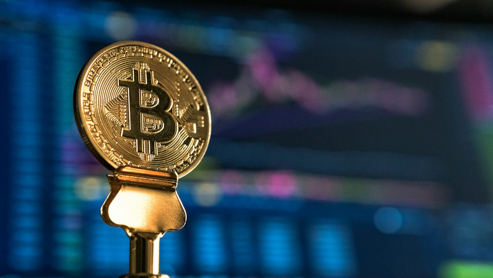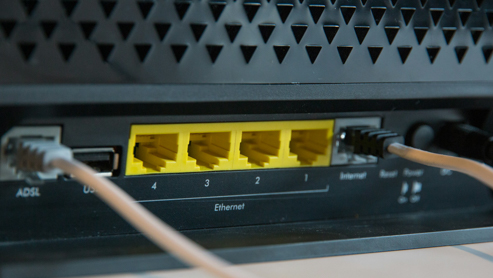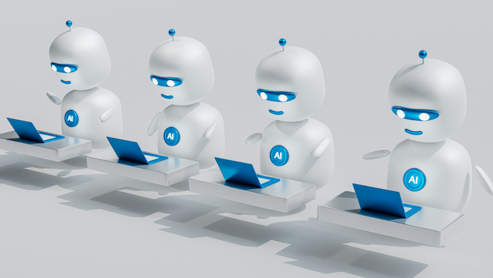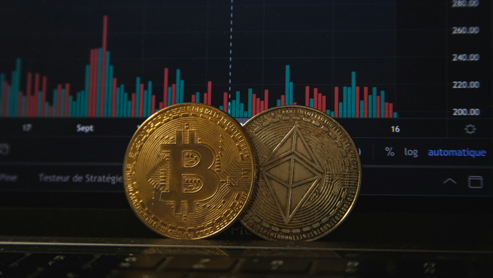Eight signs your social media accounts were hacked
Have your connections on social media voiced concerns about your online activity? Have friends reported receiving suspicious messages requesting their personal information? Familiarize yourself with the various signs that your social media account may have been compromised.
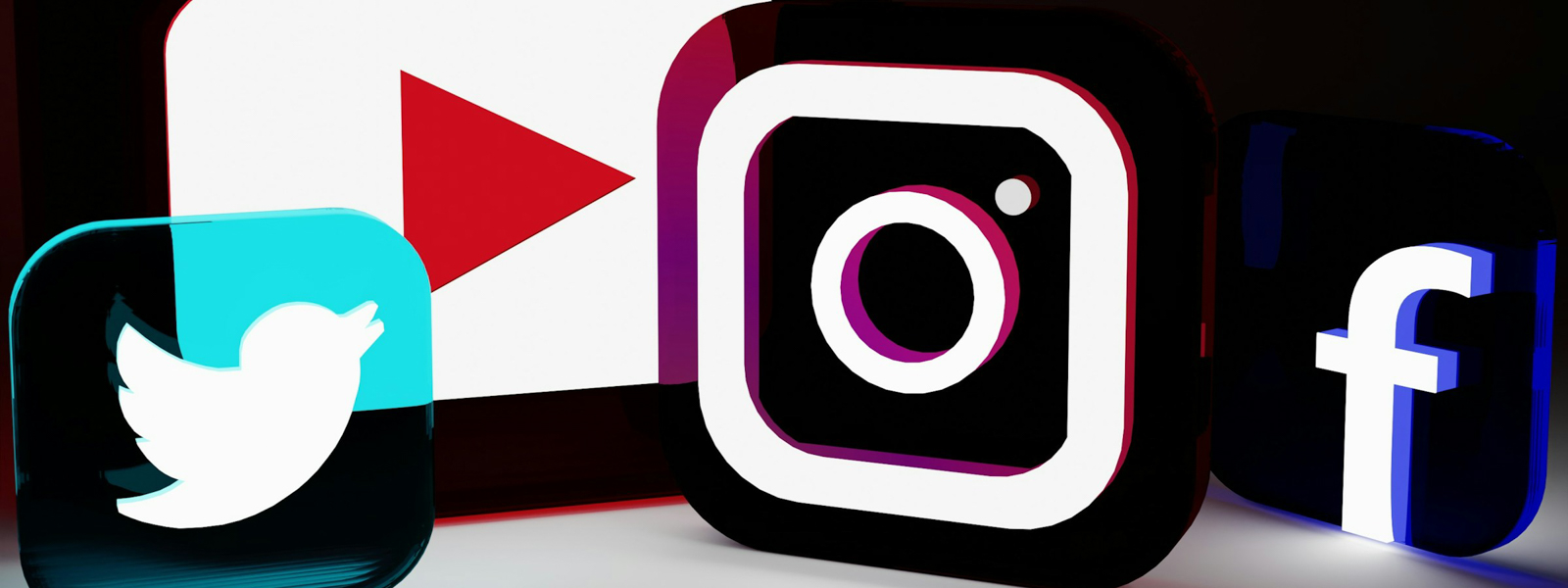
How do you know if your social media accounts have been hacked?
There are online scams everywhere. Criminals can exploit your social media accounts to access not only your personal information and identity but also the information of your family and friends. There are a few telltale signs to look out for that will let you know if your social media accounts have been hacked. Looking for the following signs and addressing them swiftly is the best action you can take to keep yourself and others safe online. These include:


Microsoft Defender
Stay safer online with one easy-to-use app1
1Microsoft 365 Personal or Family subscription required; app available as separate download
Random posts
Hackers may use your accounts to share fraudulent offers or links with your social media audience. This is a method they use to entrap unsuspecting victims into further scams. By posing as you, they may try to obtain personal information from other individuals.
Your password has been changed
An unauthorized password change often indicates that your account has been compromised. This suggests that a hacker may have knowledge of your email account or the password you used on the social media website. In which case, it’s advisable to change your account passwords and reset the compromised account immediately. Implementing two-factor authentication is always a good idea.
Contacts are reporting suspicious messages
Hackers may choose to message your social media connections directly with a goal of extracting personal information. They may share links or make fraudulent offers while posing as you. If a friend informs you that they’ve received suspicious messages from someone impersonating you, advise them to report it.
Unusual friends or followers
If you notice random friends or followers suddenly appearing on your account, it could be a sign of hacking. An influx of hundreds of new friends or unexpected follow requests is abnormal behavior. Hackers may increase your social media audience to widen their pool of potential targets.
Logins from unauthorized locations
Keep track of your social media logins. Your account will usually alert you to any suspicious logins, often providing specific location details like a city and country. If you notice a login from a location you haven’t visited, it’s a tell-tale sign that your account may have been compromised.
You can’t login to your account
Can’t get into your account? Hackers may alter your account information and prevent you from gaining access. By locking you out, they can make posts, send messages, and engage in other fraudulent activities without your knowledge or intervention.
Account copies
Instead of using your active account, hackers may create an identical one. They may replicate posts and closely mirror your account name to manipulate your online audience. If you notice any accounts impersonating you, report them immediately and advise your online connections to avoid interacting with the reported account(s).
Remaining vigilant and responsive to any signs of hacking is essential for protecting your safety and privacy, as well as your online connections. For more help with protecting yourself online, learn more privacy and safety tips.
Achieve the extraordinary with Microsoft 365
The powerful productivity apps and creativity tools in Microsoft 365 just got better. Work, play, and create better than ever before with the apps you love and Microsoft Copilot by your side.
Try for free
